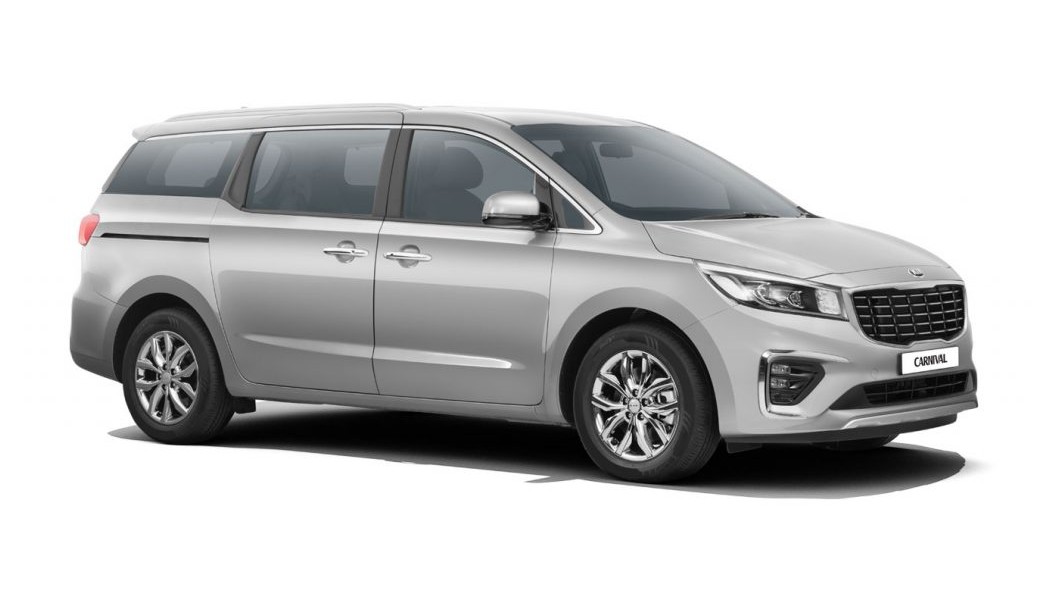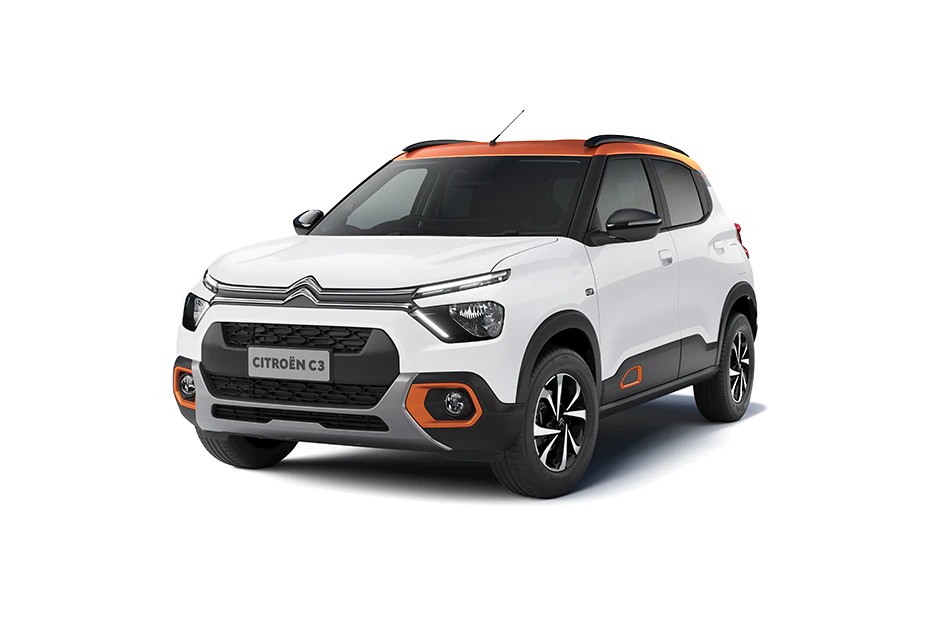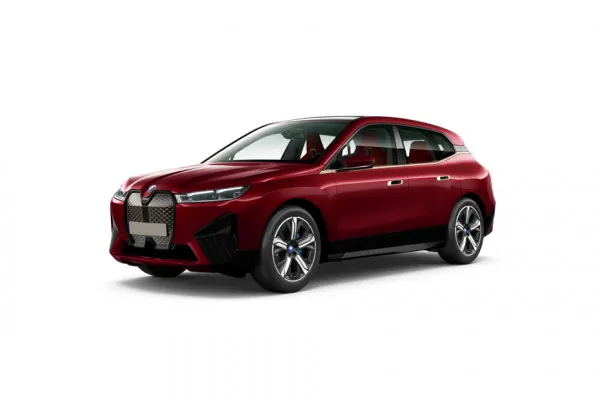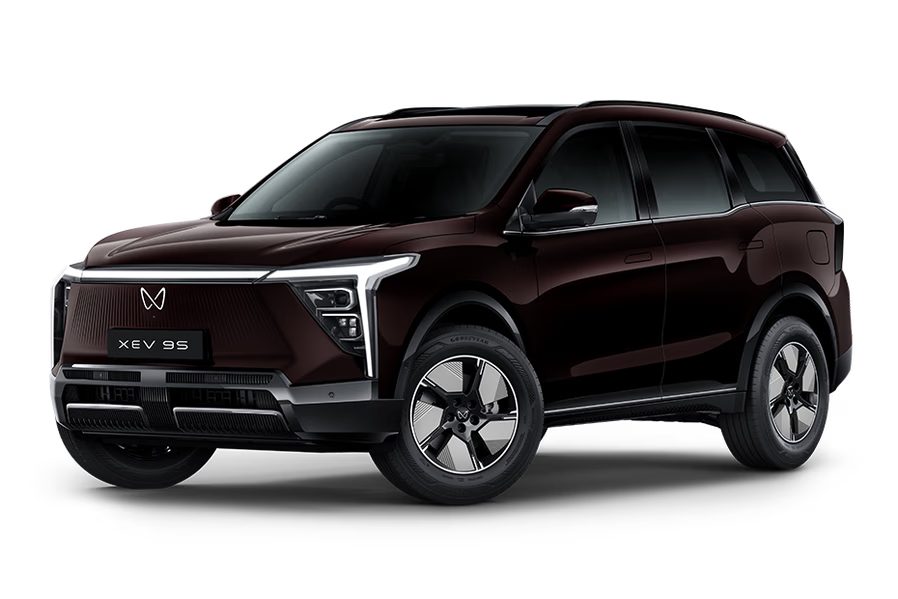Important Things to Consider Before Buying a Tractor
 Ishita Sharma 2025-10-24
Ishita Sharma 2025-10-24
.jpg)
Important Things to Consider Before Buying a Tractor
Purchasing a tractor is a major investment, whether you’re a farmer, landscaper, or property owner. A good tractor can make agricultural tasks, hauling, mowing, and land preparation much easier and more efficient. However, choosing the right one requires careful thought, as tractors vary greatly in size, power, features, and price. To make a wise decision, it’s Important to consider Before Buying a Tractor.
Purpose and Application -
The first and most crucial step is to determine what you need the tractor for. Are you planning to use it for ploughing large fields, cutting grass, transporting goods, or general farm maintenance? Small-scale farmers or homeowners may benefit from compact tractors, while commercial farmers usually need heavy-duty models with greater horsepower. Understanding your specific tasks will help narrow down your options and prevent you from overspending on unnecessary features.
Engine Power and Performance -
Horsepower (HP) is one of the main indicators of a tractor’s capability. Tractors typically range from around 15 HP for compact models to over 100 HP for heavy-duty ones. The right engine power depends on the type of implements you plan to use and the size of your land. A tractor that’s too weak won’t handle tough jobs effectively, while one that’s too powerful may consume more fuel and cost more to maintain.
Transmission Type -
Tractors come with different types of transmissions, such as manual, automatic, and hydrostatic. Manual transmissions offer durability and control, which is ideal for experienced operators. Hydrostatic transmissions, on the other hand, are easier to use, as they allow smooth speed adjustments without shifting gears—perfect for beginners or those who prefer convenience. Choosing the right transmission can improve productivity and comfort during long working hours.
Attachments and Implements -
A versatile tractor should support a range of attachments, including loaders, mowers, ploughs, tillers, and backhoes. Before purchasing, check the compatibility of attachments and the ease of connecting them. Some tractors use quick-attach systems, which make switching tools faster and more efficient. Considering future needs is also wise—you might start with basic equipment, but later expand your range of tasks.
Comfort and Safety Features -
Tractors are often used for extended periods, so operator comfort is essential. Look for adjustable seats, ergonomic controls, and good visibility. Modern tractors may also come with air-conditioned cabins, noise reduction systems, and suspension seats for better comfort. Safety features such as roll-over protection structures (ROPS), seat belts, and reliable braking systems are equally important to minimise the risk of accidents.
Fuel Efficiency and Maintenance -
Running costs can quickly add up if your tractor consumes too much fuel or requires frequent servicing. Check the fuel efficiency ratings and ease of maintenance for the model you’re considering. It’s also important to know the availability of spare parts and service centers in your area. A reliable tractor brand with good customer support can ultimately save you time and money.
Budget and Financing Options -
Finally, your budget plays a key role in determining which tractor to buy. While it’s tempting to go for the cheapest option, investing in a durable and reputable brand can provide better performance and longevity. Many dealers offer financing plans or trade-in options that can make the purchase more affordable. Always compare prices and warranties before making your decision.
Buying a tractor is not just about choosing the biggest or most powerful model—it’s about finding the right machine that fits your needs, land size, and budget. By considering factors such as purpose, engine power, attachments, comfort, and maintenance, you can make an informed choice that ensures years of reliable service. A well-chosen tractor becomes more than a tool—it’s a long-term partner in achieving efficiency and productivity in your farming or property management endeavours.
















